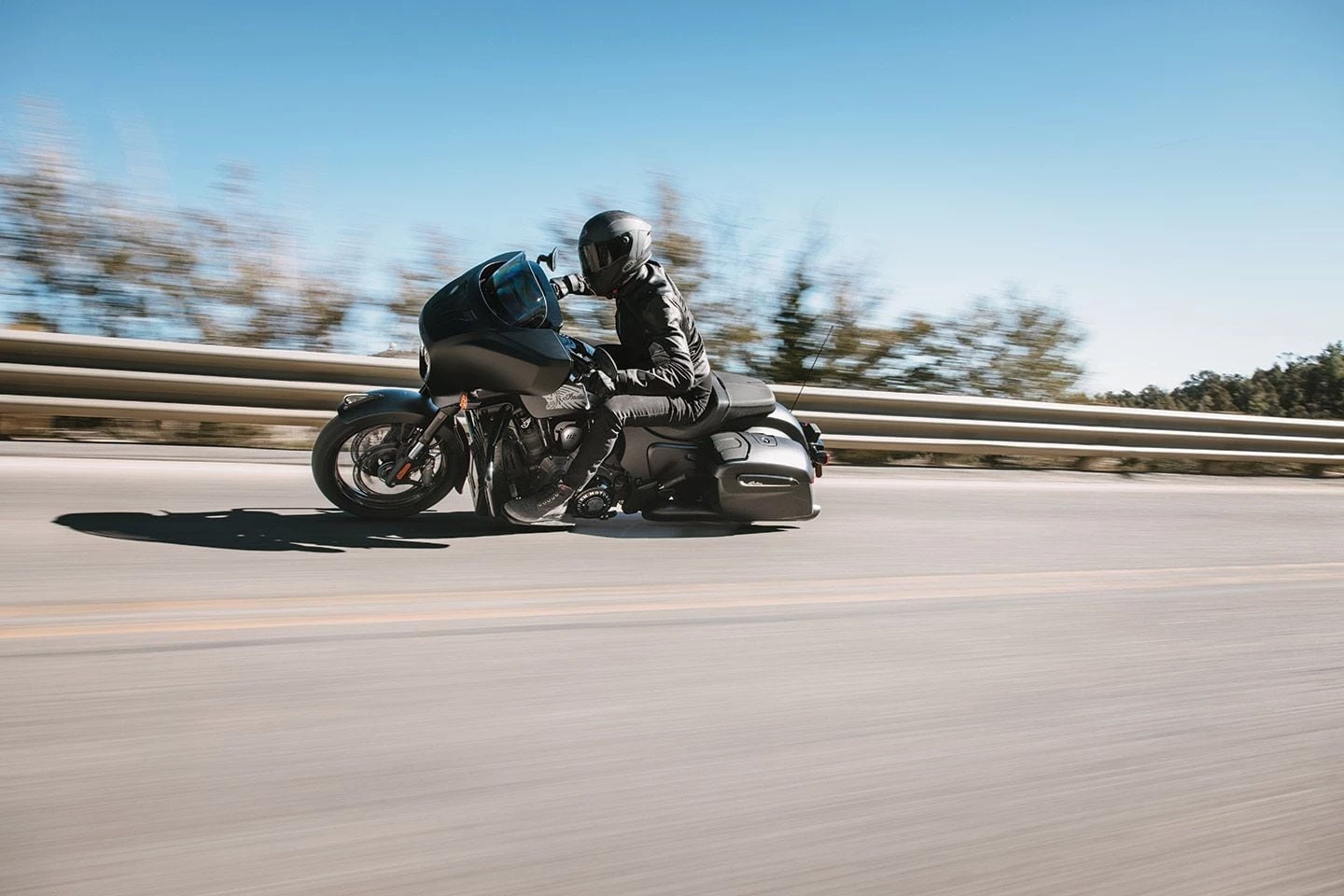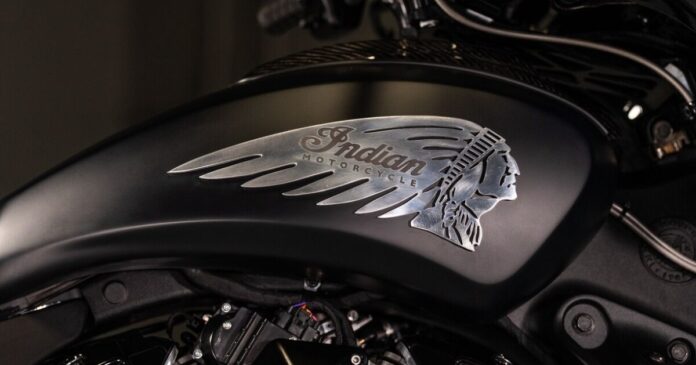“Polaris and Indian Motorcycle both stand to benefit from this deal…” said Polaris Chief Executive Officer Mike Speetzen following the announcement that Polaris had sold a major portion of its stake in Indian Motorcycle to Carolwood LP, a multi-strategy private equity firm based in Los Angeles.
The sale is expected to close in the first quarter of 2026, with Indian then functioning as a stand-alone company. However, Polaris will retain a minority share in the company. Mike Kennedy, ex-Harley-Davidson exec, will assume the role of CEO of the newly independent organization.
In the 12 months ending June 30, 2025, Indian Motorcycle contributed more than US$478 million to Polaris’ revenue, which is roughly 7% of the company’s total earnings for that period. The sale of Indian will help increase Polaris’ EBITDA (earnings before interest, taxes, depreciation, and amortization) by about $50 million, with profits per share anticipated to grow by around $1.
Indian Motorcycle
Indian only achieved its first profitable fiscal year under Polaris in 2023, though sales slumped in 2024, broadly reflecting industry-wide trends.
With investments in restaurants, real estate, a real estate media company called Estate, and the creator-led sports outlet Jomboy Media, Carolwood doesn’t exactly have tons of motorcycling expertise. However, the firm specializes in helping large corporate subsidiaries transition into independent entities, suggesting that its focus will initially be on operational stability rather than sweeping change.
For now, Indian’s workforce and facilities will remain largely intact. More than 900 employees in engineering, design, and manufacturing will stay on, along with the company’s production sites in Spirit Lake, Iowa, and Monticello, Minnesota, and its industrial design and technology center in Burgdorf, Switzerland.

Indian Motorcycle
The most pressing question for riders, of course, is what changes customers can expect. The answer, at least for now, is none. Indian Motorcycle will continue to provide full sales, service, and support through its existing dealer network during and after the transition. Motorcycles, parts, accessories, and apparel will all remain available through current channels.
That said, some Indian loyalists aren’t thrilled by the move. Private equity firms are notorious for streamlining operations, maximizing margins, and reselling companies for profit, not for nurturing long-term brand legacies. Still, it’s too early to predict what lies ahead for Indian Motorcycle. For now, this marks the close of a storied chapter.
Source: Polaris


